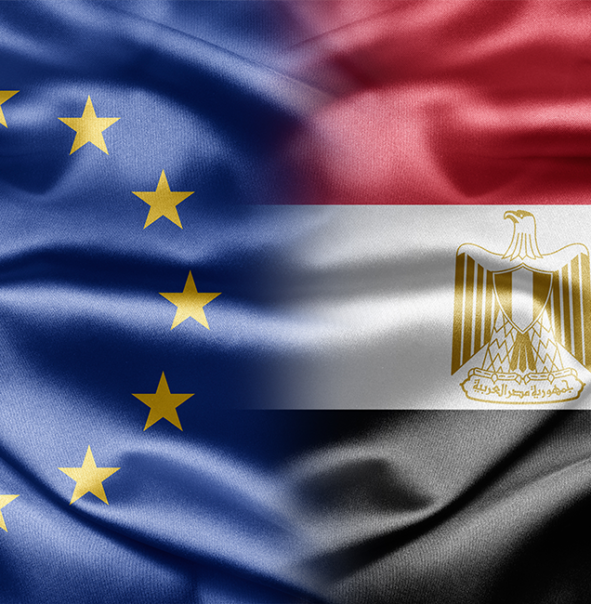Can Awareness-Raising Campaigns on the risks of irregular migration can become effective tools of migration management?
Migratory flows have become a persistent point on the political agenda in the European Union over the course of the last decade. In an attempt to reduce irregular migration to Europe, awareness-raising campaigns on the risk of irregular migration have erupted. While these campaigns have received large sums of funding, their effectiveness had never sufficiently been empirically assessed. Therefore, the Directorate-General for Migration and Home Affairs commissioned Ecorys and Seefar to conduct this study to fill the existent evidence gaps.
Ecorys and Seefar evaluated twenty existent campaigns and their underlying practices. The goal of the undertaking was to highlight ways to improve the quality and effectiveness of future campaigns. The study relies on large amounts of data collected by the research team between February 2020 and December 2020, containing inputs from 79 key informant interviews, 74 in-depth interviews with potential, transit, and returned migrants, 34 focus group discussions with 220 community members and direct influences of potential migrants as well as 2020 structured interviews with potential and transit migrants.
The research team discovered that some of the studied campaigns were designed and implemented without donors and implementors agreeing on the aim and the target group of the campaign, rendering the success of the campaign unverifiable. An effect of the campaigns beyond the time of funding could not be detected, leading to the conclusion that campaigns should be understood as an ongoing cost of migration management rather than a short-term investment yielding long-term results. The results of the study furthermore revealed that while social media and mass media channels were rarely effective, word-of-mouth messaging remained one of the most effective communication channels for behavioural changes in migrants, due to the relationship-based trust that underlies this form of communication. Community events thus appeared useful for advertising to primary audiences. Any connection of the campaign to European governments led to a decrease in effectiveness of campaigns. Overall, the more specifically tailored the messaging was to the individual, the more likely it was to yield the desired effect.
Read the full report or contact our consultant Alexandra Rimpler-Schmid for more information.

17 November 2021
2 minute read
Key Experts
Alexandra Rimpler-Schmid
Senior Consultant



